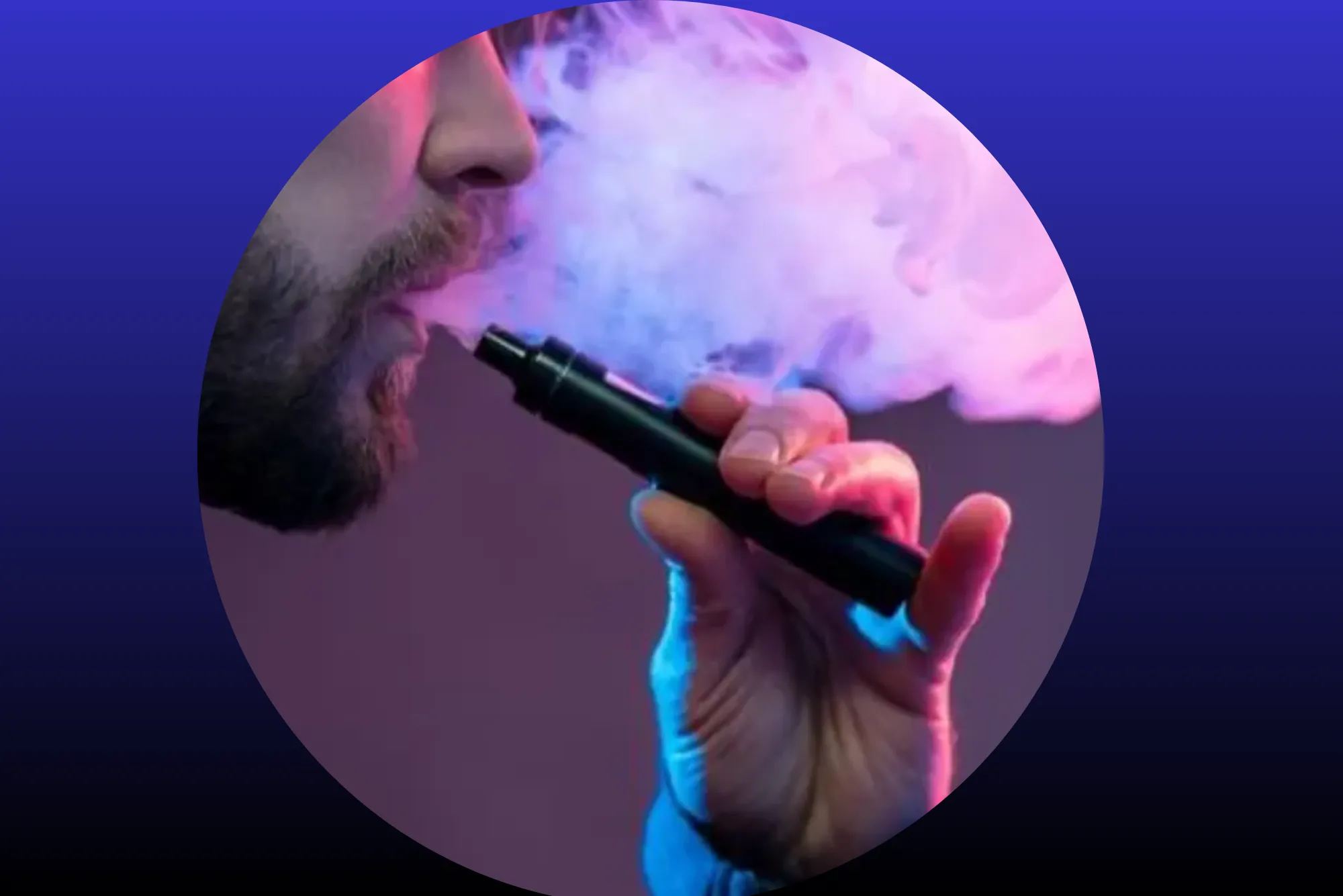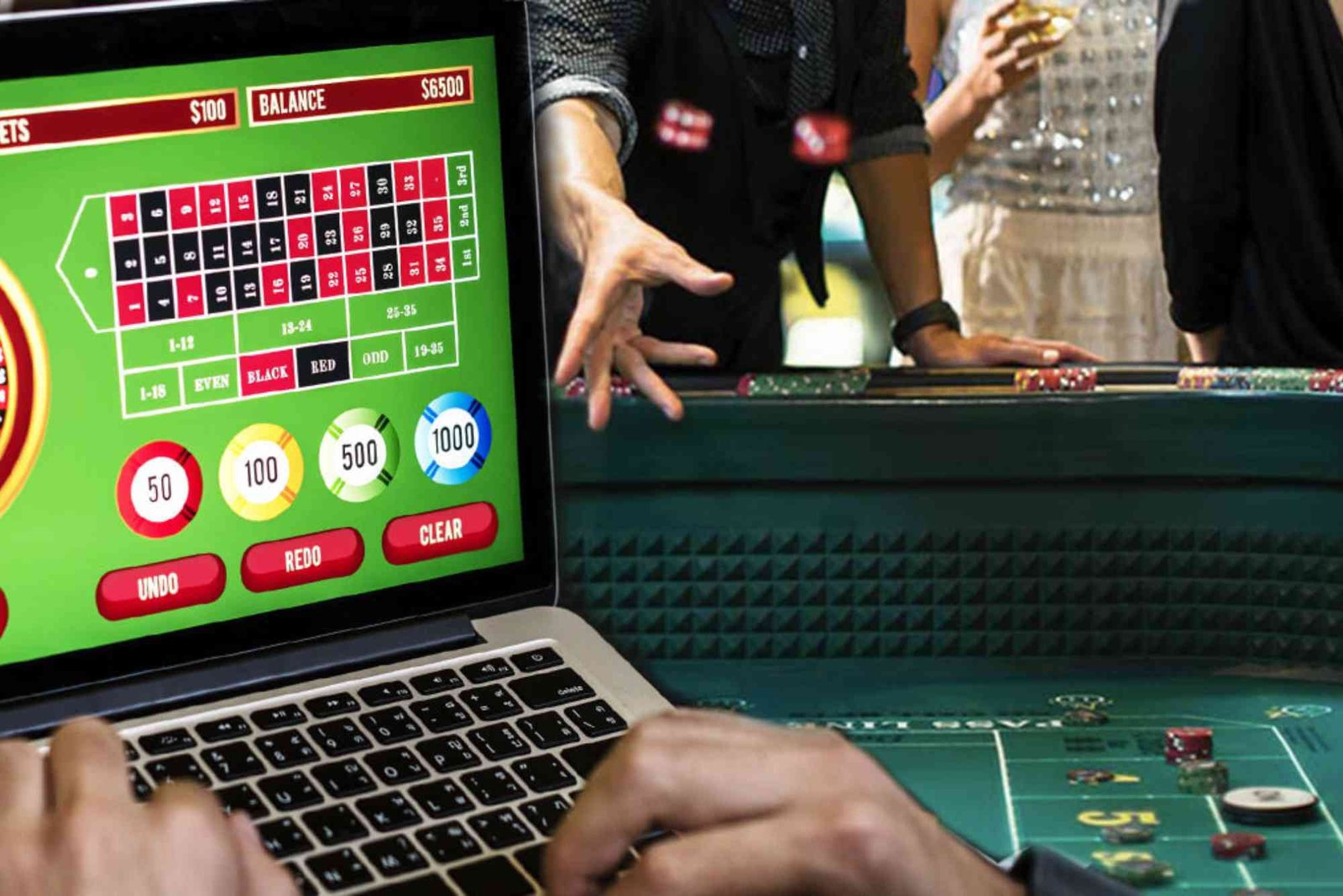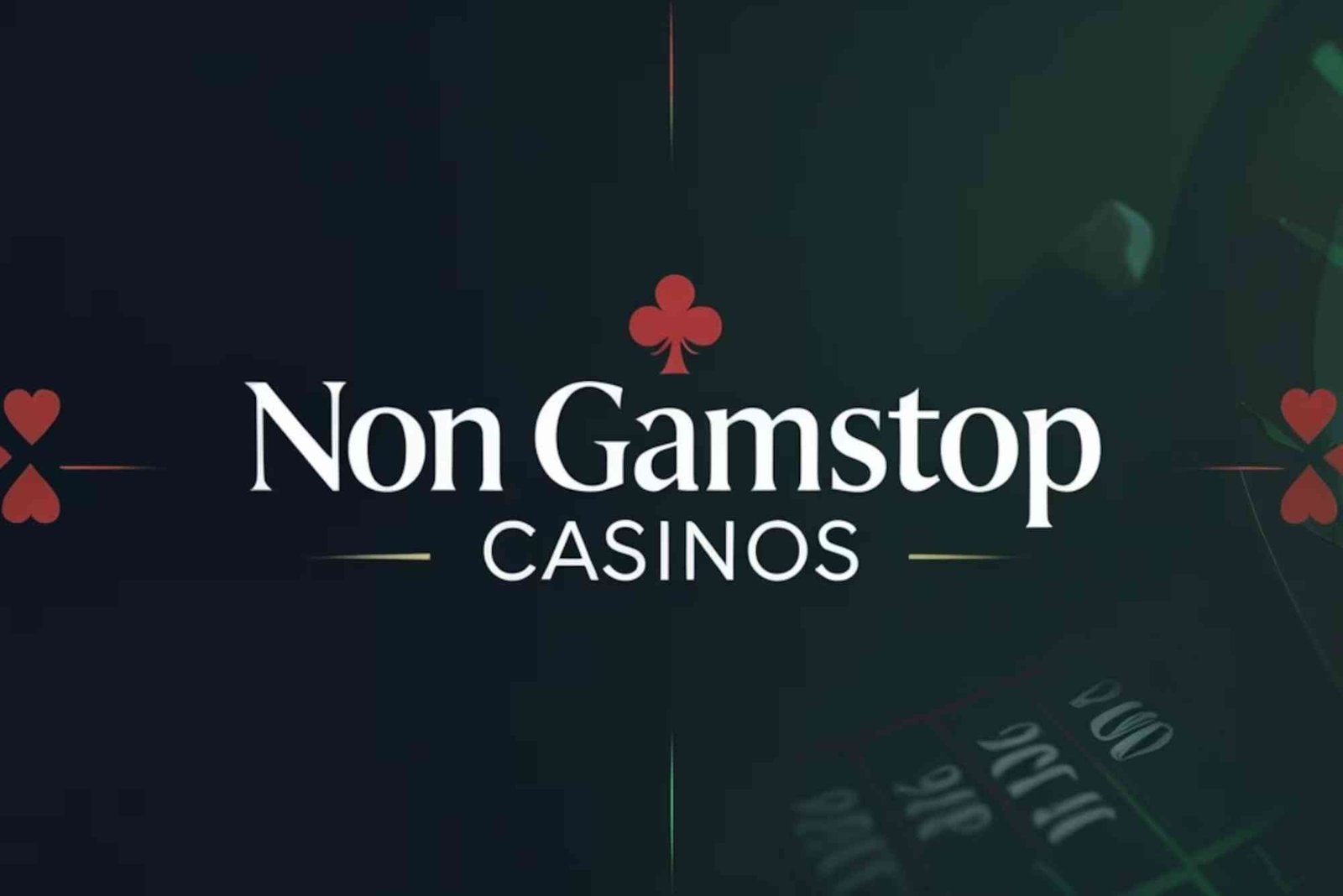If you’ve ever played an online slot machine and wondered, “Is this actually fair?”, you’re not alone. It’s a valid concern, especially in an industry where money is on the line and outcomes feel completely out of our control. With the rise of global gaming platforms and the growing interest in trusted betting sites outside of UK regulation, understanding how new slots are tested for fairness is more important than ever.
I’ve spent the last few years digging into how these games are made, regulated, and tested. From my own experience as a player, and now as someone who investigates the technical side of online gaming, I can confidently say this: Fairness isn’t a marketing gimmick—it’s a foundational requirement for slot developers and operators who want to be taken seriously.
Let’s explore how that fairness is achieved.
Random Number Generators: The Heart of Slot Fairness
The first thing you need to know is that every reputable slot game—whether hosted in the UK or on trusted betting sites outside of UK jurisdictions—is powered by a Random Number Generator, or RNG. This is a mathematical algorithm that ensures every spin is entirely random and independent of previous spins.
RNGs are designed so that no one, not even the developers, can predict or manipulate the results. The outcome is generated the moment you hit the spin button, with complex calculations determining exactly where the reels land.
Now, while that sounds secure in theory, how can we be sure it works in practice?
Independent Testing Labs: The Gatekeepers of Fair Play
Slot developers can’t just claim their RNG is fair—they have to prove it. That’s where independent testing labs come in. Companies like eCOGRA, iTech Labs, GLI (Gaming Laboratories International), and BMM Testlabs are well-known names in the space. These organizations rigorously test the software behind slot machines to verify randomness, consistency, and reliability.
They run millions of simulated spins to detect any patterns or statistical anomalies. If the results match the expected probabilities (like a 95% Return to Player rate), the game passes. If not, it’s back to the drawing board for the developer.
These audits are not one-time events either. Once a slot is launched, it may be re-tested periodically or whenever a software update is made.
Licensing Bodies and Jurisdictional Oversight
Another layer of fairness comes from licensing authorities. Depending on where a slot is hosted, it must adhere to that region’s gaming regulations. In the UK, for instance, the Gambling Commission enforces some of the strictest standards in the world. Every game launched under their watch must be certified by approved testing agencies and adhere to transparent RTP disclosures.
However, not all betting happens under UK rules. Increasingly, players are exploring trusted betting sites outside of UK jurisdiction—places like Malta, Curacao, and Gibraltar. These regions have their own licensing authorities, like the Malta Gaming Authority (MGA) or the Government of Curacao, which also require third-party testing and RNG certification.
The good news is that many of these international authorities follow similarly rigorous protocols, though it’s still important to research which ones maintain high standards and which don’t.
How RTP Plays into Fairness
Return to Player, or RTP, is the percentage of wagered money a slot is expected to return to players over time. For example, if a slot has an RTP of 96%, this means that for every $100 wagered, the machine will theoretically return $96 to players in the long run.
RTP doesn’t affect individual spins—because each one is random—but over thousands or millions of spins, it provides an expected rate of return. Testing labs will verify that the game’s results fall in line with this advertised RTP.
That said, RTPs can vary slightly between operators, especially on trusted betting sites outside of UK where regional standards might allow for more variance. Still, as long as the game passes its audits, the RTP should be mathematically sound.
Game Volatility and Player Perception
Volatility is another concept tied to fairness that can confuse players. Some slots pay out frequently in small amounts (low volatility), while others may pay rarely but in bigger wins (high volatility). Neither approach is more or less fair; it’s simply a design choice.
Unfortunately, this can sometimes lead to players feeling like they’re being cheated—especially if they go long stretches without a win. But volatility is also tested during the auditing process to ensure that payout behavior matches the game’s stated profile.
Real-World Case: International Sites and Fair Testing
I recently explored several trusted betting sites outside of UK regulation to understand how they ensure fairness. One well-known MGA-licensed site offered an inside look at their process: every slot game they onboard had to provide a testing certificate from a recognized lab, plus quarterly audit logs to confirm continued compliance.
The site even allowed players to access the fairness report of specific games—something you rarely see in domestic platforms. It shows how transparency can actually be a selling point when done right.
On another Curacao-licensed site, the process was less transparent, but they did provide clear RTP data and used software providers who were independently verified. Again, it all comes down to whether the platform prioritizes trust over quick wins.
Why Fairness Matters (Beyond Just Compliance)
Fair slots don’t just protect players—they protect the reputation of the entire gaming ecosystem. When players trust that outcomes are truly random and that games are independently verified, they’re more likely to return, invest time, and even refer others.
This is particularly critical for trusted betting sites outside of UK regions, where the perception of weak regulation can deter new users. By implementing fairness protocols like certified RNGs and public RTP disclosures, these platforms can level the playing field with their UK-regulated counterparts.
What to Look for Before You Play
As a player, how can you ensure the slot you’re about to spin is fair? Here are a few signs to look for (but we’ll keep it conversational, not list-based):
First, check who licenses the platform. If it’s a recognized authority like the MGA, Curacao, or Gibraltar, that’s a good sign. Next, look at the software providers. Big names like NetEnt, Microgaming, or Play’n GO are unlikely to risk their reputation by offering unfair games. You can also look for certificates of fairness from labs like eCOGRA or GLI—these are usually linked in the site’s footer or help section.
Finally, read player reviews. Real-world experiences often reveal patterns or concerns you might not catch otherwise.
Final Thoughts: Trust Is Built on Transparency
In the end, fairness in slot games isn’t just about technical audits and RNGs. It’s about transparency, consistency, and a willingness from developers and platforms to put player trust above short-term profits.
While regulation inside the UK remains one of the strongest globally, many trusted betting sites outside of UK are doing a solid job maintaining fairness through independent testing and open policies. The key is knowing what to look for, asking the right questions, and choosing platforms that put fairness at the forefront.
Slots are supposed to be fun, and when you know the game is fair, that fun becomes a lot more meaningful.





